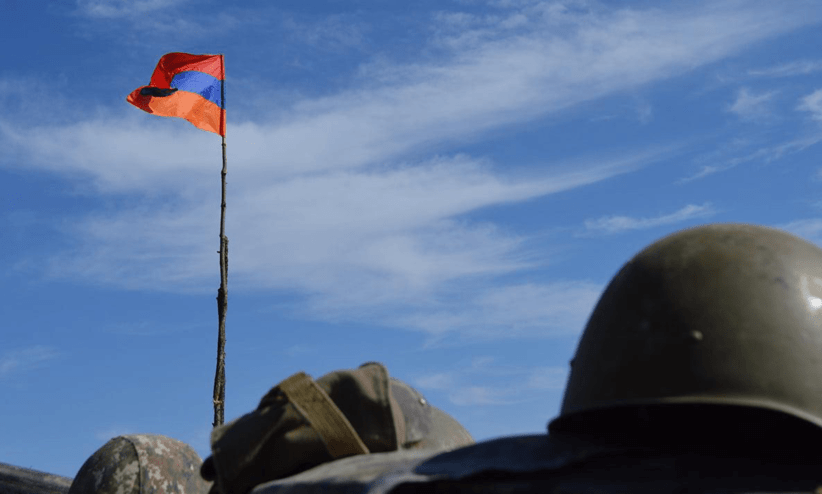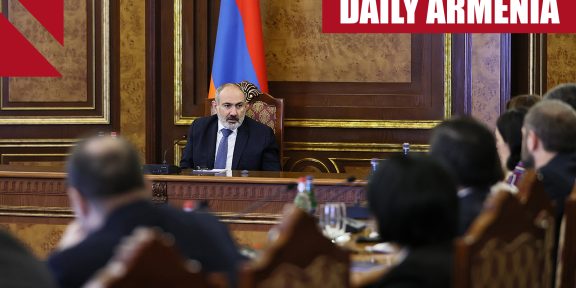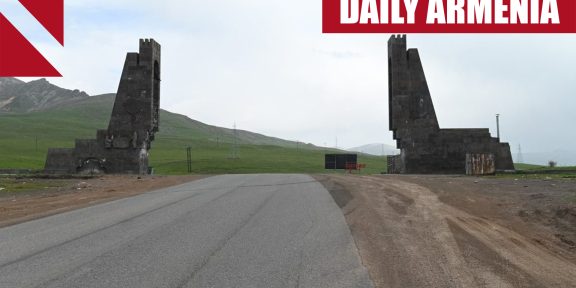The famous anthropologist and demographer Emmanuel Todd has just published his latest essay “The Defeat of the West” in France, in which he explains this “defeat” by putting forward three factors. Firstly, the industrial deficiency of the United States, with the revelation of the fictitious nature of America’s GDP. In his book, he deflates this GDP and shows the deep-rooted causes of industrial decline: the inadequacy of engineering training and, more generally, the decline in educational standards, which began in 1965 in the United States.
In Todd’s eyes, the disappearance of American Protestantism is the second factor in the fall of the West. In fact, his book follows on from Max Weber’s The Protestant Ethic and the Spirit of Capitalism. On the eve of the First World War, Weber rightly believed that the rise of the West was, at its heart, the rise of the Protestant world: England, the United States, Germany unified with Prussia, Scandinavia. France’s good fortune was to be geographically close to the leading pack. Protestantism had produced a high level of education, unprecedented in human history, universal literacy, because it demanded that every faithful person be able to read the Holy Scriptures for themselves. Moreover, the fear of damnation and the need to feel chosen by God led to a strong work ethic and high individual and collective morality. And, on the negative side, some of the worst racism that ever existed – anti-Black in the United States, anti-Jewish in Germany – since, with its chosen and its damned, Protestantism renounced the Catholic equality of men. Educational advancements and a strong work ethic produced considerable economic and industrial progress.
Finally, the third factor behind the West’s defeat is the rest of the world’s preference for Russia. Far from being defeated, Russia is discovering valuable economic and geostrategic partners in not only the Afro-Asian bloc, but also in the West. These are attracted by Russia’s conservative (anti-LGBT) soft power, which has been proving its influence for over a decade.
Clearly, in 2022, we entered a new world war. A war for the control of energy and strategic communication routes. Ukraine is the epicenter, but the “corridor” in Armenia’s Syunik region is also a global issue, positioned on future silk roads and hydrocarbon transit routes. Has Russia really won this war? Or are we in a kind of status quo? There is every reason to believe that the United States is now committed to a status quo that will enable it to mask its defeat. And the prospect of a presidential victory by Donald Trump would accentuate this trend. But is it in Russia’s interest to conclude a ceasefire, given their immediate industrial and military superiority?
Russia’s main weakness lies in its declining demographics. As time goes by, it will become increasingly difficult to recruit soldiers, hence the need to shoot down Ukraine and NATO until the tide turns in Moscow’s favor. The worst is yet to come for Ukraine, and in turn for its Western allies, whose general blindness and refusal to understand Russian strategy and rationality have led to a disastrous outcome.
As for Armenia, however painful and frustrating the Russian-Azerbaijani cooperation on the Artsakh front and the strategic – and opportunistic – rapprochement with the Baku-Ankara axis, in general, may have been, Yerevan must take on board the idea that, in the short and medium term, Moscow is in an advantageous position and will intensify its war effort thanks to the high-performance results of its military industry. Gone, then, are the comments announcing a Russia in total collapse, as the country has adapted to international sanctions and has been able, at least in the medium term, to bounce back. Nevertheless, Russia has not solved its demographic problem, despite its homophobic policy and social incentives. It has not yet been able to offer a counter-model to the European Union, a vassal of the United States and lax on illegal immigration at a time when the birth rate is plummeting in most of these countries.
Once again, demographics will determine the future. Armenia is well placed to know this critical issue. According to several sources, 48% of women aged 20-35 years in Armenia are childless.
In addition to this internal threat, the emigration of Artsakh Armenians from the Republic of Armenia constitutes a catastrophe if it is not curbed by a pan-Armenian dynamic aimed at their economic and social reintegration.
The shockwave of the war in Ukraine has therefore not finished seriously affecting the security of Armenia, which, without allies, is actively seeking an alternative to the Russian-Turkish stranglehold that is suffocating it.
















